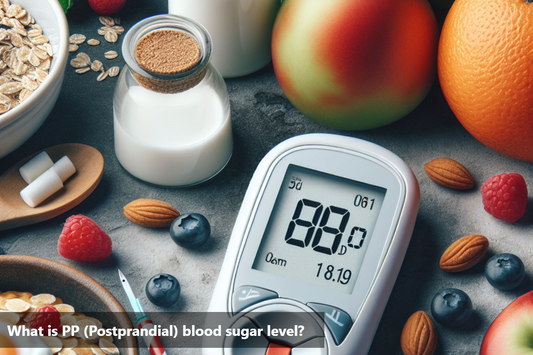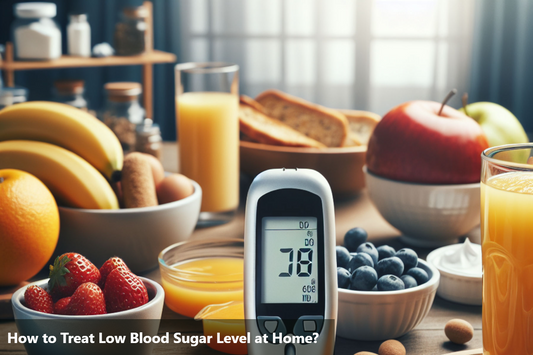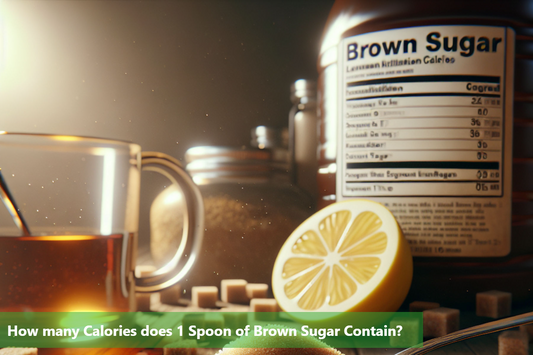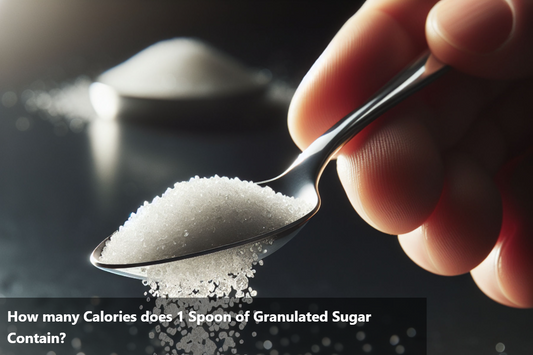Insulin and glucagon are the two key hormones responsible for regulating the level of sugar in our blood. These pivotal hormones work in tandem to maintain the balance of blood sugar levels. An imbalance in blood sugar can lead to health risks such as diabetes, low blood sugar, and metabolic syndrome. Understanding how these hormones function empowers us to make informed choices about our diet, lifestyle, and overall health.
Insulin: The Key Regulator
Insulin is an important hormone that helps control our blood sugar levels. When we eat, especially foods with carbohydrates, our blood sugar goes up. Insulin helps by letting our cells take in the sugar from the blood, which lowers the blood sugar levels. This process is important for giving our cells the energy they need to work right. The pancreas, a body organ behind the stomach, is mainly responsible for making insulin. Special cells in the pancreas, called beta cells, make and release insulin when blood sugar levels go up. This system makes sure that the right amount of insulin goes out based on how much sugar is in the blood, and helps keep our blood sugar levels steady. If the pancreas didn't make and release insulin, it would be hard for our bodies to control blood sugar, which could cause health problems. In short, insulin is an important regulator of our blood sugar levels by helping cells absorb sugar and lower the blood sugar levels. The pancreas, especially its beta cells, is crucial for making insulin and keeping our blood sugar levels in balance.
Glucagon: The Counterbalance to Insulin
Glucagon plays a crucial role in maintaining our blood sugar levels by working in opposition to insulin. When our blood sugar levels drop, the pancreas releases glucagon, which signals the liver to release stored glucose into the bloodstream, thus raising the blood sugar levels.
Unlike insulin, which lowers blood sugar levels by promoting the uptake of glucose into cells, glucagon elevates them by triggering the breakdown of glycogen into glucose. This process is known as glycogenolysis and is vital for providing a prompt source of energy when needed.
The balance between insulin and glucagon is essential for the stable regulation of blood sugar levels. When this delicate equilibrium is disrupted, it can lead to fluctuations in blood sugar, potentially resulting in health issues. It's important to recognize the significance of this interplay and how it contributes to our overall well-being.
Other Hormones and Factors
When it comes to blood sugar regulation, it’s not just insulin and glucagon doing all the heavy lifting. There are some other players in the game that you should know about.
Hormones
Cortisol: This hormone, released by the adrenal glands, plays a role in increasing blood sugar levels in the body. During stressful situations, cortisol signals the liver to release more glucose, providing the body with a quick source of energy to deal with the stressor.
Epinephrine (Adrenaline): This hormone, produced by the adrenal glands, works to rapidly increase blood sugar levels. It does so by promoting the breakdown of glycogen in the liver and muscles, releasing glucose into the bloodstream, and giving you that burst of energy in fight-or-flight situations.
Dietary Factors
Diet: What you eat directly impacts your blood sugar levels. Carbohydrates, for example, are broken down into glucose, causing blood sugar levels to rise. Proteins and fats, on the other hand, have a more gradual effect on blood sugar. Understanding the role of different nutrients in blood sugar regulation can empower you to make informed dietary choices.
So, as you can see, blood sugar regulation is not a one-hormone show. These other factors, including cortisol, epinephrine, and diet, all contribute to the delicate balance that keeps your blood sugar levels in check.
Blood Sugar Control and Your Health
Keeping your blood sugar in balance is very important for staying healthy. Understanding how hormones affect your blood sugar levels is crucial. When your hormones are not balanced, it can affect your body's ability to control your blood sugar, which can cause health problems. In the end, understanding blood sugar control is very important for our health. By knowing how important hormones are and how they work together, we can make smart lifestyle choices to keep our blood sugar levels in a good range. Being aware of hormone imbalances and how they can affect us gives us the power to make our health a priority and take the right steps to keep our blood sugar levels in a healthy range.
When and How to Take Insulin and Glucagon
Insulin:
When to Take Insulin:
Insulin should be taken as prescribed by a healthcare professional.
Typically, insulin is taken before meals, or as directed by your doctor.
How to Take Insulin:
Insulin is usually injected under the skin using a syringe, insulin pen, or insulin pump.
It's important to follow precise dosing instructions and injection techniques provided by the healthcare provider.
Glucagon:
When to Take Glucagon:
Glucagon is usually taken in emergency situations when a person with diabetes is experiencing severe hypoglycemia (low blood sugar) and is unconscious or unable to eat or drink.
How to Take Glucagon:
Glucagon is administered through an injection or nasal spray.
Family members and close contacts of individuals with diabetes need to know how to administer glucagon in case of an emergency.
Ideal Blood Sugar Levels
Maintaining ideal blood sugar levels is crucial for overall health, especially for individuals with diabetes. The optimal range for blood sugar levels varies throughout the day, with fasting levels ranging from 70 to 130 mg/dL before meals and less than 180 mg/dL two hours after starting a meal. Monitoring these levels regularly and working closely with a healthcare provider can help individuals with diabetes manage their blood sugar effectively and minimize the risk of complications. Making healthy lifestyle choices, including regular exercise and a balanced diet, can also contribute to maintaining ideal blood sugar levels.
This Blog post is an initiative by DiabeSmart, to provide accurate and Nutritionist / Doctor approved information related to Diabetes. DiabeSmart is India's first Food brand designed specifically for Diabetics, that has been clinically tested on Diabetics and Pre-Diabetics to deliver 55% - 70% lower Sugar spikes. DiabeSmart is part of Lo! Foods - India's leading brand for Everyday Functional Health foods.









